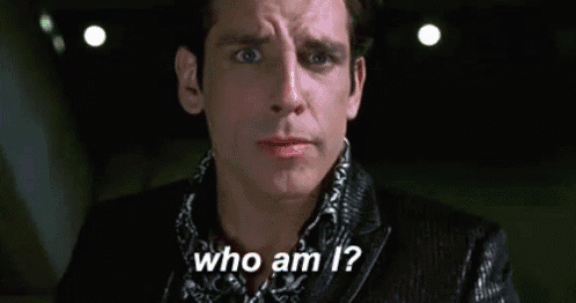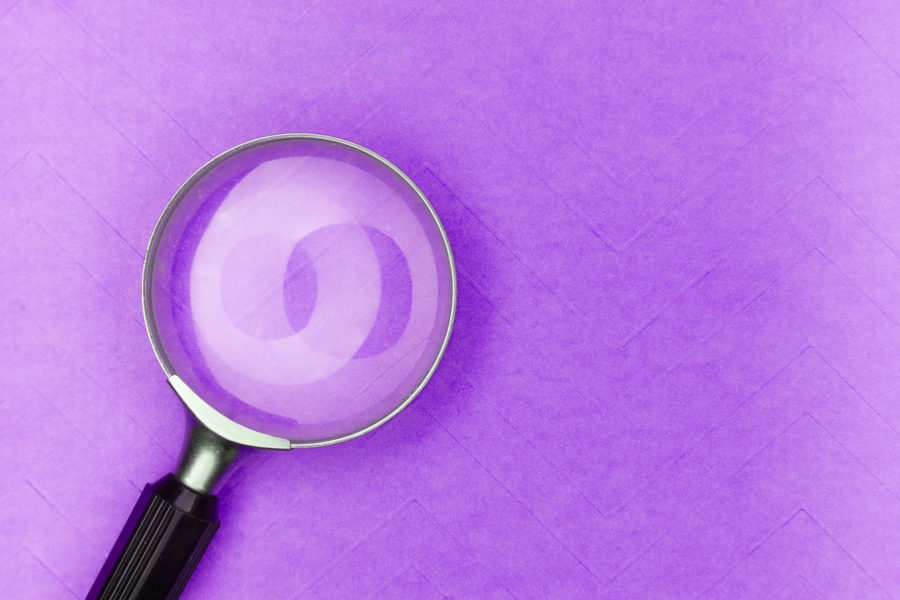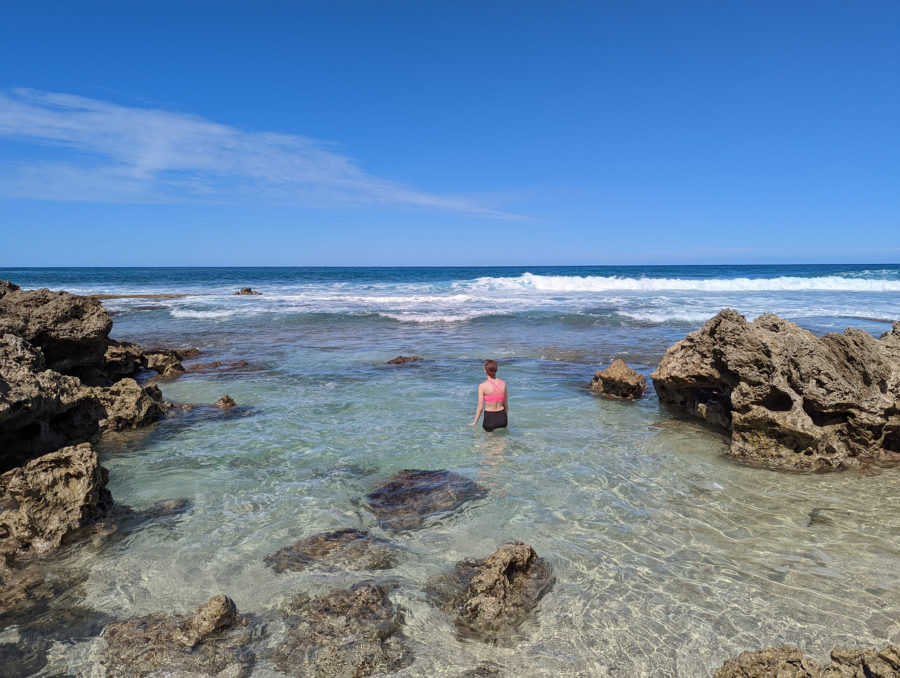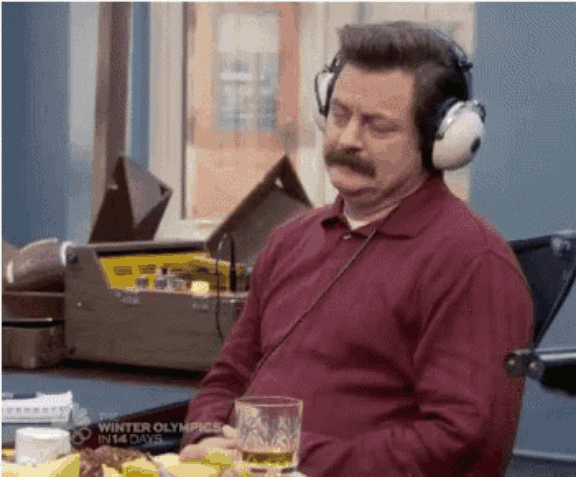I am extremely self-aware. Most of the time, too self-aware. And I’m learning that neurodivergents in general tend to fall on the edges of the spectrum when it comes to self-awareness. We’re often either extremely self-aware or we lack a sense of self-awareness entirely.

For me, being hyper self-aware has led some individuals to praise me for being intuitive. Whereas others scold me for being “paranoid.”
What does being extremely self-aware look like for me?
- I notice every. little. thing. going on inside me: I catch health concerns so early that my doctor often doesn’t know what to make of it at first. Take for instance my alopecia that took 1 year to diagnose because I caught it so early my doctor couldn’t initially detect it.
- I deeply understand how my mind works: Therapists have told me time and again that “I’m already doing everything I can” or that “I seem to already have all the answers.” However, my RSD feeds into my overt self-awareness by making me overthink my self-aware thoughts. So even though others may tell me “I already have all the answers,” it’s extremely difficult for me to come to this conclusion on my own.
I have also lived most of my life being haunted by the feeling that there was a piece of information I was missing about myself… my AuDHD diagnosis. My self-awareness knew for many years that I was neurodivergent, but had no name for what I was experiencing. When I asked for help, I was told I would “outgrow it.”
Having an extreme sense of self-awareness often makes it difficult for me to find the help I need because I typically identify problems that are too unique to easily solve.

Fortunately, I inherited a love of gathering data from my dad and I truly enjoy learning. I’m genuinely curious about my “true self.” I want so badly to understand her and how my brain works, so I can help her shine. I know that this process of understanding is a life-long journey…for all of us, and I am down for the ride!
There’s a quote from David Bowie that describes this concept perfectly, “Ageing is an extraordinary process whereby you become the person you always should have been.” I’ve always felt myself to be in the constant pursuit of uncovering who I truly am, and finally being able to comfortably be my most authentic self.

So yes, when I seek help for problems my self-awareness uncovers the answers I find often aren’t enough. It’s a frustrating and discouraging experience to search and search for the end to a problem, only to find that no one has really found an answer to my question.
Per usual the game of life is on “hard mode” for me and other neurodivergents.

All that being said – even though my hyper self-awareness often creates problems by overloading my brain with concerns, I do greatly appreciate it in other ways. I like that I understand myself more deeply than other people my age typically do. I suspect this is why some of us are perceived as “old souls.” It makes me feel like for all the difficulties my AuDHD might cause me, at least I have a deep relationship with myself.
I already feel like a more authentic human.









